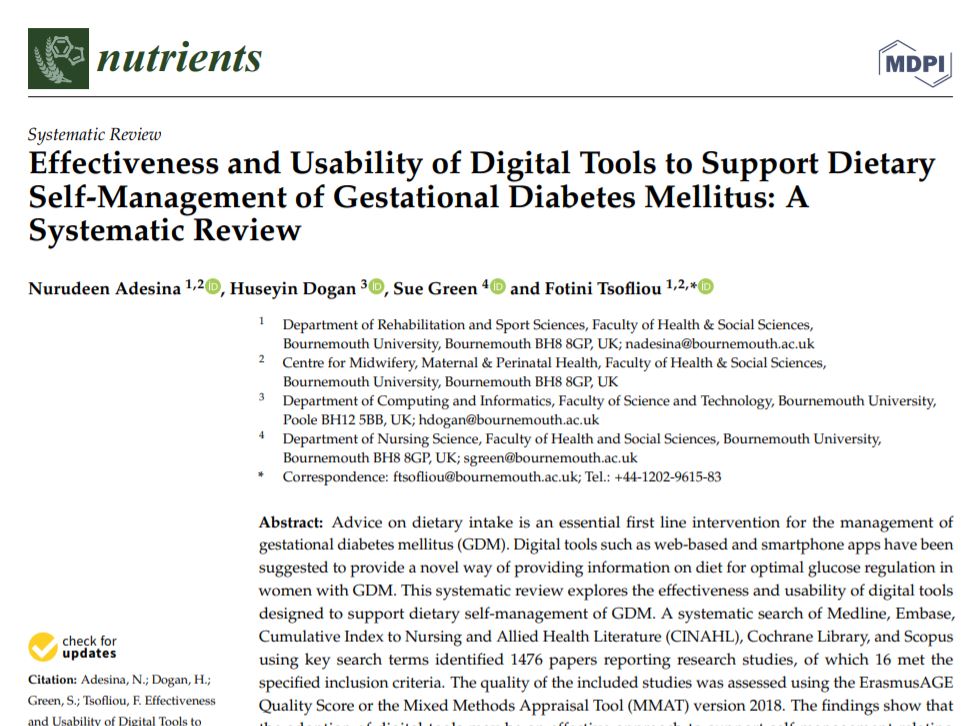Collaborative Travel Apps, Reciprocity and the Internet of Things
Here is a reminder that a Lunchtime Research Chat will take place this Thursday on the 22nd January from 2pm lasting 30-45mins with questions at the end. Janet Dickinson from the School of Tourism, will be talking about some of her fascinating research.
Janet has summarised her research below:
As cities become increasingly connected, both people and objects can connect to the internet to transmit and receive information. This is the “Internet of Things”. Smartphone technology can help identify current and anticipate future patterns of behaviour and, with its social networking capabilities, allow users to imagine collaborative opportunities. This has led to the development of collaborative travel apps designed to enable activities like lift sharing. However, two projects working with community based travel collaboration apps identify significant challenges to people accessing forms of travel assistance.
Collaborative travel apps depend on users to offer help, but they also need users to ask for or accept help. Feelings of indebtedness inhibit app use since they threaten a user’s status, power and freedom of action with respect to the donor of help.
This talk will explore the challenges of reciprocity in travel collaboration. Also, the emergence of the Internet of Things, with its more anticipatory systems, prompts a reappraisal of current internet based collaborative communities, which raises questions about the human regulation of reciprocal arrangements.
Sounds great right! So make sure you get yourself down to the refectory for this exciting chat whilst loosening an extra buckle or two, because there will be Tokens for the first 30 audience members to exchange for a 1 x FREE Papa Johns indivdual pizza after the talk, see you there!
For more details, click here.
















 SPROUT: From Sustainable Research to Sustainable Research Lives
SPROUT: From Sustainable Research to Sustainable Research Lives BRIAN upgrade and new look
BRIAN upgrade and new look Seeing the fruits of your labour in Bangladesh
Seeing the fruits of your labour in Bangladesh Exploring Embodied Research: Body Map Storytelling Workshop & Research Seminar
Exploring Embodied Research: Body Map Storytelling Workshop & Research Seminar Marking a Milestone: The Swash Channel Wreck Book Launch
Marking a Milestone: The Swash Channel Wreck Book Launch ECR Funding Open Call: Research Culture & Community Grant – Application Deadline Friday 12 December
ECR Funding Open Call: Research Culture & Community Grant – Application Deadline Friday 12 December MSCA Postdoctoral Fellowships 2025 Call
MSCA Postdoctoral Fellowships 2025 Call ERC Advanced Grant 2025 Webinar
ERC Advanced Grant 2025 Webinar Update on UKRO services
Update on UKRO services European research project exploring use of ‘virtual twins’ to better manage metabolic associated fatty liver disease
European research project exploring use of ‘virtual twins’ to better manage metabolic associated fatty liver disease